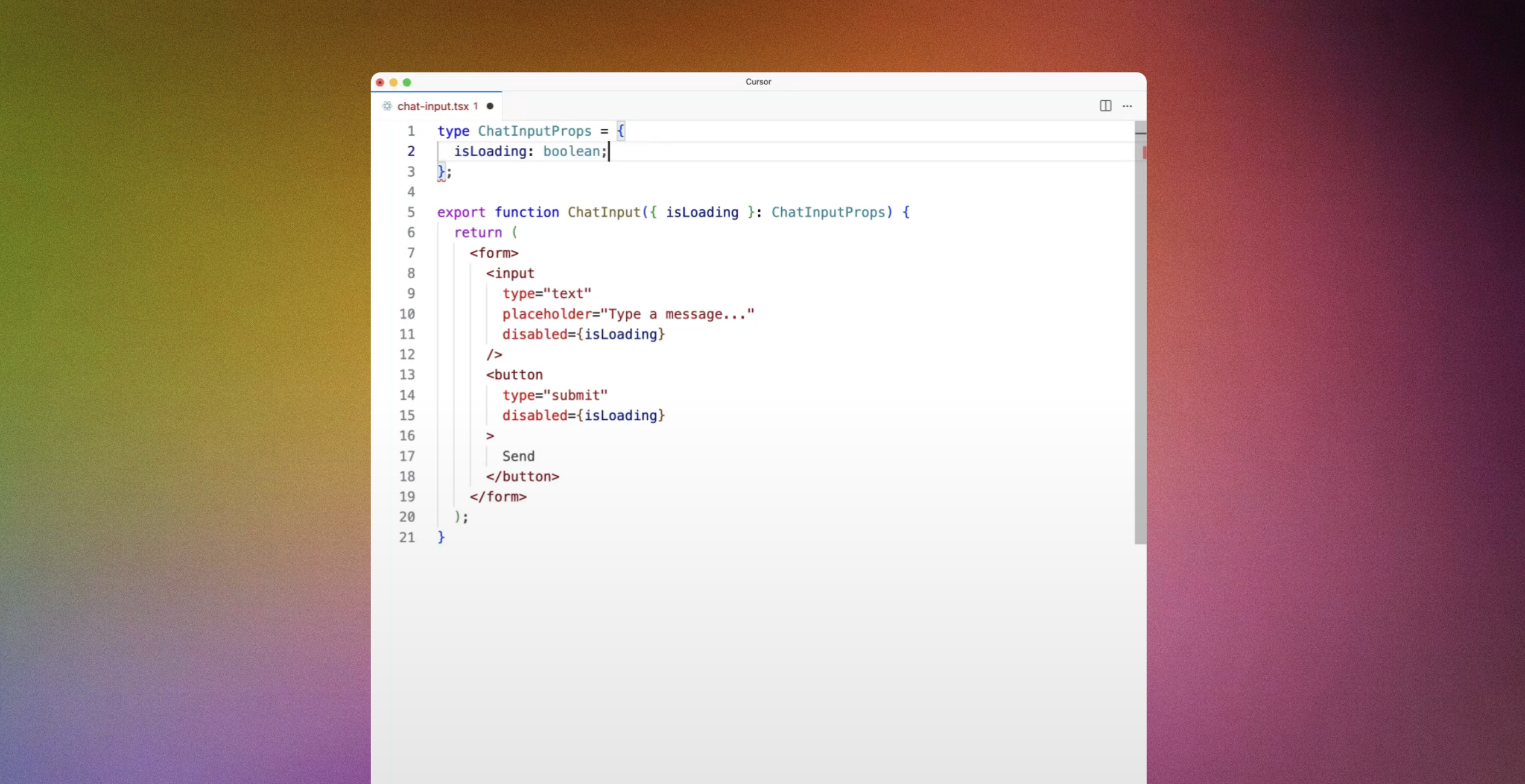
As someone who has spent years in the workforce, I eventually decided to pursue a Master of Business Administration while juggling my career and personal life. Friends and colleagues had long talked about the prestige of top business schools, and scrolling through LinkedIn feeds full of promotion announcements made an MBA seem like the only way to unlock big opportunities. The decision required stepping away from my comfort zone and committing significant time and money. Looking back on that journey, here’s my honest assessment of whether my MBA was worth it, based on research and my own reflections.
What the Data Says About Salary and Job Prospects
One of the main reasons people pursue an MBA is to boost their earning potential. Surveys of employers consistently show that MBA graduates make more money than people with only a bachelor’s degree. The Graduate Management Admission Council’s 2025 Corporate Recruiters Survey reported that U.S. companies expect MBA graduates to earn a median starting salary of about $125 000 in 2025. By comparison, bachelor’s degree holders were projected to earn about $75 000. A 2025 Forte Foundation survey of graduates from sixty elite MBA programs found that respondents earned more than $130 000 in their first post‑MBA jobs, and many received signing bonuses that averaged more than $20 000.
These salary differences are not just short‑term bumps. Research from the University of Tennessee notes that the median MBA starting salary is 1.75 times that of bachelor’s degree holders and suggests that the lifetime earnings premium for MBA graduates can reach $2.3 million. Cornell University’s business school points out that at top MBA programs, graduates report average salaries ranging from $123 000 to $187 000, with median salaries reaching as high as $225 000, depending on industry and location. Over a career, the median return on investment for an MBA can exceed $2 million.
Hiring trends also favor MBA holders. The 2025 GMAC survey found that 89 % of global recruiters hired MBA graduates in 2024 and 90 % expected their demand to remain stable or increase in 2025. More than a quarter of U.S. employers planned to hire more MBAs in 2024 than the previous year, and worldwide demand for MBA talent is strongest in industries like manufacturing and finance. For those concerned about job security, the U.S. Bureau of Labor Statistics reports an unemployment rate of 2 % for people with master’s degrees, lower than the rate for bachelor’s degree holders.
Beyond the Paycheck: Skills and Networking
While the salary statistics are compelling, most MBA alumni I’ve spoken with emphasize that the degree’s value goes far beyond a pay raise. MBA programs immerse students in case studies, projects and simulations that build problem‑solving, communication and strategic‑thinking skills. A 2025 survey of corporate recruiters highlighted problem solving, communication, strategic thinking, adaptability and initiative as the top skills that employers associate with MBA graduates. Programs also teach students to analyze data, manage teams and make decisions under pressure.
Equally important is the professional network you gain. Many programs attract students from diverse backgrounds and include a significant percentage of international students. Business schools actively cultivate connections through on‑campus recruitment fairs, alumni events and mentorship programs. The Freed‑Hardeman University newsletter notes that these networks often include CEOs, senior managers and board members who can help open doors to high‑paying roles. Cornell University reminds prospective students that its two‑year MBA gives access to more than 250 000 alumni and world‑class faculty.
There are also intangible benefits. UNC’s Kenan‑Flagler Business School lists leadership development, teamwork, strategic thinking, confidence and lifelong alumni connections among the core outcomes of an MBA. Leading team projects and participating in case competitions help students build confidence and learn to manage conflict. Such experiences are hard to quantify but can be transformative for your career and personal growth.
The Costs: Tuition, Time and Opportunity

The biggest hurdle for most prospective students is the cost. According to GMAC, the average total cost of a top U.S. MBA program in 2024 was $242 267. The Education Data Initiative estimates that the average price to earn an MBA is $60 410, but elite programs can exceed $200 000. Even at public universities, tuition varies widely: research by Research.com notes that average in‑state tuition is $14 160, while out‑of‑state tuition averages $50 926. Besides tuition, students must cover living expenses, books and potentially lost wages if attending full‑time.
Time is another cost. A traditional MBA generally requires two years of full‑time study, and part‑time programs can take three or more years. During this period, you may miss out on promotions or salary growth in your current job. For working adults with families, balancing coursework, work and personal life is a major challenge. That said, part‑time and online programs have made the degree more accessible; the University of Tennessee’s online MBA highlights that students can keep working while studying and still participate in live classes and group projects.
Weighing ROI and Opportunity Cost
So, is the investment worth it? One way to decide is to calculate your return on investment (ROI). Research.com provides two simple examples: in a scenario where a student spends $140 000, increases their salary by $40 000, and has no debt, the payback period is about 3.5 years and the ROI is 28.57 %. However, if the same student takes on $83 651 of debt and their salary increase is $81 513, the ROI becomes negative. This highlights how financing and interest affect the eventual payoff. The Wall Street Journal also found that 98 % of MBA programs leave students with “manageable” debt, meaning graduates who use federal loans typically earn more within two years than they borrowed.
Personally, I approached the ROI calculation holistically. Before enrolling, I compared the cost of tuition and potential lost earnings with the salary increase and intangible gains I expected. To make the numbers work, I chose a program that offered scholarships and employer tuition assistance, and I spread my coursework over a part‑time schedule so I could continue earning a paycheck. That strategy kept my debt manageable, allowed me to apply what I was learning immediately at work and shortened the payback period. While money matters, the relationships I built and the confidence I gained were just as important in making my MBA feel worth the investment.
When an MBA May Not Be Worth It
Despite the benefits, an MBA is not the right choice for everyone. Oversaturation of the degree is real: business.com notes that MBA applications surged 12 % in 2024, and so many programs now exist that the degree no longer guarantees differentiation. The same article warns that the average MBA cost of $60 410 can climb past $200 000, making the expense hard to justify if you plan to stay in a field that does not reward the credential. Industry experts have also raised concerns that some programs have diluted curriculum quality, leaving graduates without the practical skills employers need.
Alternative graduate programs, such as specialized Master of Science (M.S.) degrees in fields like finance or data analytics, often cost less and take one year. If you already know the industry or function you want to pursue, a specialized degree or certification may yield similar or greater ROI with less time and money. Online certificates and micro‑credentials have also surged; the alternative credentials market was valued at $18.83 billion in 2024 and is projected to grow to $69.88 billion by 2032. These programs offer flexible, skill‑focused learning at a fraction of the cost of a traditional degree. Employers are increasingly accepting these credentials as proof of skills, which underscores the growing number of pathways to career growth.
Finally, economic uncertainty can diminish the payoff of an MBA. Business cycles fluctuate, and hiring managers may choose candidates based on experience or specialized knowledge rather than a general management degree. As one executive quoted by Business.com put it, some graduates think an MBA alone makes them special, but there can be a gap between what they learn and what industry needs. In addition, employers are investing more in internal training and on‑the‑job development, choosing to cultivate talent rather than pay premium salaries for external MBA hires.
Why I Decided to Pursue My MBA
After months of research and introspection, I ultimately decided to enroll in an MBA program. My reasons are personal, and your decision may differ. Here are the factors that influenced me:
- Career Goals: I saw the MBA as a way to accelerate into leadership roles and broaden my skills. I knew that roles like director or executive typically require broader business acumen beyond my digital marketing and project management experience.
- Growth and Skills: I wanted a structured environment to sharpen my strategic thinking, leadership and financial skills. The program allowed me to apply new frameworks immediately at work.
- Network and Exposure: I valued the opportunity to build relationships with classmates and alumni from diverse industries. That network has already paid dividends through job leads and collaborations.
- Long‑term Perspective: The financial and time commitments were significant, but I viewed them as investments in my long‑term career. I saved aggressively, relied on scholarships and employer support and planned for the opportunity cost.
Completing my MBA did not magically solve every career challenge, but it gave me confidence, broadened my perspective and connected me with people who continue to support my growth.
Final Thoughts
Is an MBA worth it? It depends. If your goal is to pivot into consulting or investment banking, or to accelerate into executive management at a large corporation, a well‑respected MBA can be a powerful asset. The data show that MBA graduates command higher salaries and are in strong demand. You’ll gain leadership skills, broaden your professional network and perhaps experience a life‑changing confidence boost. But the degree comes at a high financial and opportunity cost, and it’s no longer the only path to advancement. The job market now values specialized skills, real‑world experience and alternative credentials alongside or instead of a traditional MBA.
My advice is to start with your goals. Talk to people doing the jobs you aspire to, and ask whether the MBA was essential for them. Analyze the cost of the programs you’re considering, your expected salary trajectory and how you’ll pay for it. If you decide an MBA aligns with your aspirations and resources, invest confidently—just remember that the letters on your résumé are only part of the equation. Your work ethic, adaptability and network will matter just as much, whether you spend the next two years in a lecture hall or continue learning on the job.
FAQs
Whether an MBA is worth it depends on your career goals, financial situation and the program you choose. While the degree can accelerate your salary and open doors to leadership roles, it also carries significant tuition and opportunity costs. Evaluate your expected salary increase, available scholarships or employer assistance and the intangible benefits like skills and network before committing.
Recent surveys suggest that MBA graduates in the United States can expect a median starting salary around $125,000, whereas bachelor’s degree holders typically start closer to $75,000. Salaries vary by industry, school and region, but an MBA generally offers a substantial earnings boost.
A traditional full‑time MBA program usually takes two years. Part‑time, executive and online formats may stretch to three years or more, allowing students to continue working while studying. Accelerated one‑year programs also exist but are more intensive.
Beyond pay increases, an MBA develops strategic thinking, leadership, communication and problem‑solving skills. It also offers a valuable professional network through classmates, alumni and faculty that can lead to job opportunities and collaborations. Many graduates cite increased confidence and broader perspective as key outcomes.
If the cost or time commitment of an MBA is a concern, specialized Master of Science programs (e.g., finance, data analytics), online certificates and micro‑credentials offer targeted skills at a lower price point and shorter duration. These options can be ideal if you know the exact area you want to specialize in.
Start by clarifying your long‑term goals and the skills you need to reach them. Talk to professionals in roles you aspire to and ask whether an MBA helped them. Compare tuition costs with potential salary gains, consider program reputation and flexibility and reflect on how the degree aligns with your personal and professional commitments.









































































